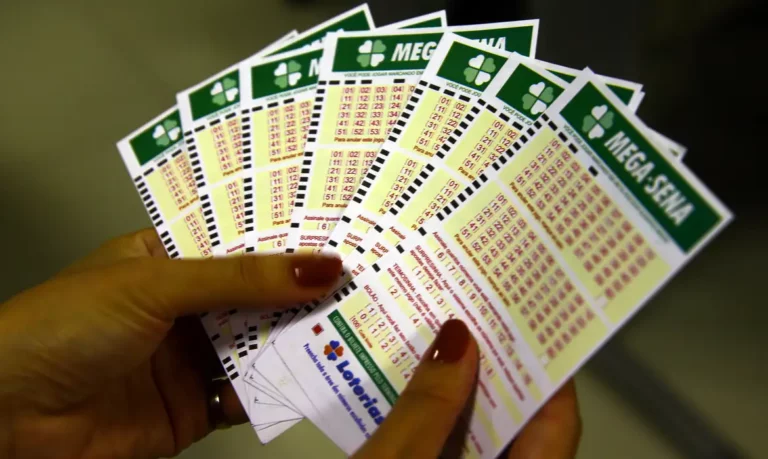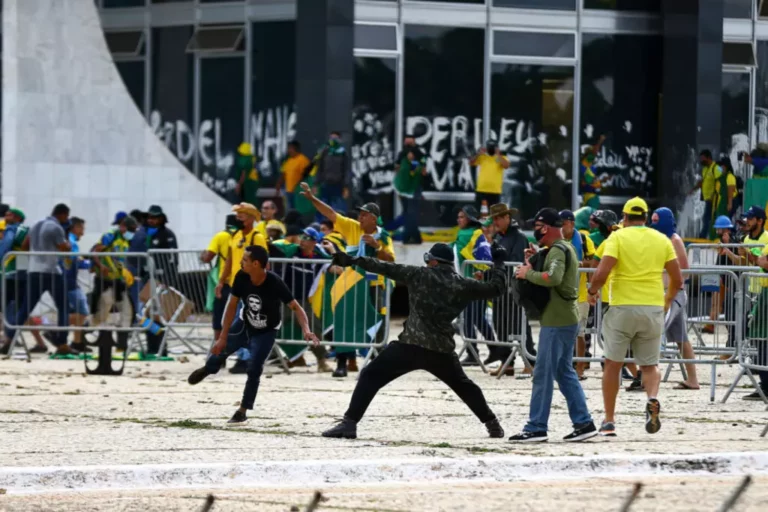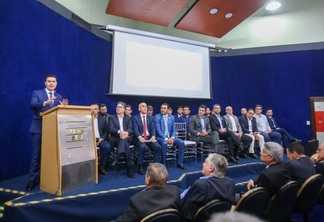The war in Ukraine and the presence of Ukrainian President Volodymir Zelensky dominated the spotlight at the G7 summit in Hiroshima, Japan. At the press conference that President Luiz Inácio Lula da Silva gave before leaving for Brazil, it was no different. He answered the questions, made his remarks about the conflict, but in the end he said emphatically that the G7 summit should be used to debate other issues, such as the economy and climate. And that the war should be dealt with at the UN. But with a very different Security Council from the current one.
“The 1945 UN no longer exists. It was created to maintain peace in the world, but it fails, because it is the members of the Security Council (SC) who wage war, who do not obey the Council itself. If it worked as it should, possibly there would be no war between Ukraine and Russia,” the president said. The SC is the main body of the UN, composed of 15 members, five of which are permanent and have veto power over resolutions: the United States, China, Russia, the United Kingdom and France.
“I’ve been screaming since 2003”, said Lula about the SC reform. “Many people have already supported me. Those who never supported [the idea] were the US and China. In the case of China, because it does not want Japan to enter”. Japan, Germany and Italy formed the bloc that lost the Second World War. The UN was created after the end of the conflict, in 1945, to promote international cooperation, and the SC, to try to avoid the occurrence of another conflict of that magnitude.
More governance, less empty speeches
At the time of the first question at the press conference, Lula was questioned about the fact that the environment had been left in the background at the G7 summit. And he responded with a criticism of those who do not fulfill what they agreed. “The speeches are made more for the electorate of each country than to respect nature”, he said. The president listed some of the most important climate meetings, such as those in Kyoto and Paris, and ironically asked: “How many fulfilled (what was agreed upon)?” Lula defended the creation of strong global governance, which obliges countries to comply with what is agreed upon in the meetings, and which provides for punishment for those who do not comply. “Because otherwise the person returns to their country, Congress does not approve (the fulfillment of the stipulated goals) and things are not implemented”.
From then on, the war practically dominated the collective. They asked more than once about the conversation that did not take place with Zelensky. Lula stated that he had accepted the request for a bilateral meeting, but alleged that the Ukrainian did not show up at the scheduled time. He said he used the time for another meeting and that an hour later Zelensky still hadn’t shown up, so he quit.
“Both think they can win”
The Brazilian president stated that he is willing to talk to both Zelensky and Russian Vladimir Putin, but first they need to be willing to negotiate to end the conflict. “Neither Putin nor Zelensky are talking about peace at the moment, they both think they can win. But peace is only possible if both sides want it,” he declared.
“We all condemn the territorial occupation of Ukraine, it is right to defend its territory… But how long will this last?” asked Lula. “What we want is for the attacks to stop first, because there’s no point in building something from the outside in. No one has a ready-made model (of a peace agreement). The model is theirs (the countries at war)”.
“One wants the surrender of the other. And surrender is not negotiation”, Lula opined. “For now, both are convinced they will win the war.”
Asked if he lost points as a possible mediator of the peace agreement for not having met with Zelensky, Lula said that he is not fighting to be a mediator and that the mediator has to be someone with whom both sides agree. “My fear is that things will evolve into a conflict with stronger weapons”, said the president, who mentioned the atomic bomb in Hiroshima, which “the United States dropped without asking anyone”.
In a rare moment when he was asked about another topic, in this case the relationship with China, Brazil’s main trading partner, the president said that he has long defended trade with local currencies. “There is no point in using the dollar for everything. The problem is that many times the small entrepreneurs do not trust the currency of their country, so they prefer to use the dollar”. Lula also said he hopes the BRICS Bank to create its own currency, like the euro.
Argentina
Lula took the opportunity to mention Argentina, Brazil’s third largest trading partner — after the United States — and said that he spoke with the managing director of the International Monetary Fund (IMF), Kristalina Georgieva, about the economic crisis in the neighboring country, aggravated by the drought that destroyed much of its agricultural production. “We must not pressure Argentina. We must give Argentina time to recover.”
Before the meeting with Kristalina, at the first working session of the G7 summit, Lula had already mentioned Argentina’s indebtedness situation and mentioned that the IMF must take into account the social consequences that economic adjustment policies may cause.
“The foreign indebtedness of many countries, which victimized Brazil in the past and today devastates Argentina, is the cause of blatant and growing inequality, and requires a treatment from the International Monetary Fund that considers the social consequences of adjustment policies. Unemployment, poverty, hunger, environmental degradation, pandemics and all forms of inequality and discrimination are problems that demand socially responsible responses”, he said in the speech.
Brazil in the world
When an advisor tries to end the press conference by claiming that the trip to Brazil is long, Lula takes the floor again, explains the entire route, informs the duration of all air segments plus connections in Alaska and Mexico, and finally comments: “But is it already over? What a short interview!” A reporter takes the opportunity and asks the president to take stock of the G7 summit.
“I leave here more optimistic than ever, because the chance for Brazil to form strong partnerships is enormous. People are very happy with the return of democracy in Brazil, with the return of Brazil to the international scene. Brazil has become civilized again.”
Racism in football
In a brief speech before the interview, President Lula criticized the fans who had made new racist attacks on the soccer player Vini Jr., from Real Madrid, in a match of the Spanish Championship, this time in Valencia, the day before.
“It is not possible that a poor boy, who has won in life, who is possibly becoming one of the best players in the world… he is certainly the best at Real Madrid, be offended in every stadium he shows up. It is important that Fifa, the Spanish League, the leagues in other countries take action, because we cannot allow fascism and racism to take over soccer stadiums.”
Edited by: Vivian Virissimo








